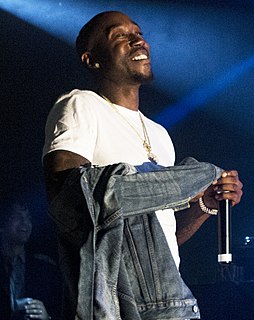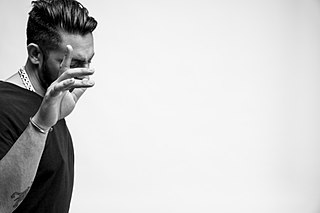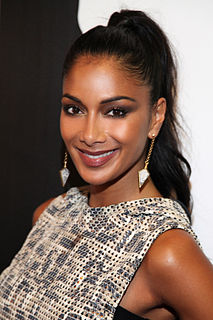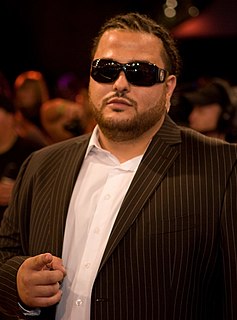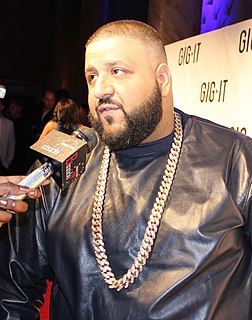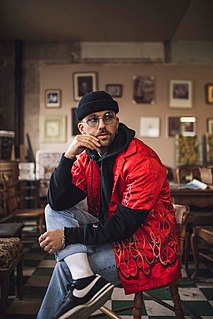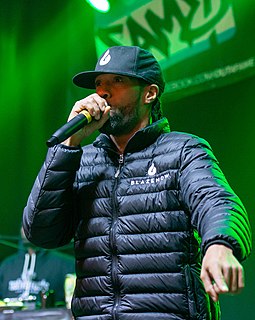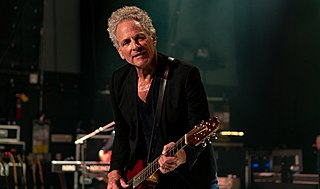A Quote by Freddie Gibbs
I think that 'Pinata' album is going to stand the test of time. It's going to be a moment in hip-hop, whether people know it or not. It's nothing else like that in rap. It's going to forever hold its place.
Related Quotes
In this time, we incorporate money and media, and it's split up like apartheid, where when you say "hip-hop," you think just rap records. People might have forgot about all the other elements in hip-hop. Now we're back out there again, trying to get people back to the fifth element, the knowledge. To know to respect the whole culture, especially to you radio stations that claim to be hip-hop and you're not, because if you was a hip-hop radio station, why do you just play one aspect of hip-hop and rap, which is gangsta rap?
You have a lot of educating to do hip-hop wise in Europe. When you tour, when you go out there, most of the people that come see you at the venue listen to a lot of different kinds of music, not only hip-hop; they're not heads. From time to time you're going to do a little concert in front of three or four hundred people that are only hip-hop heads and they're going to understand and know all about the gimmicks and the swagger but the rest of the people are just regular European people that listen to pop [or] rock & roll.
I think that a rap aficionado, the hardcore rap fan, will always go away from pop, in the same way a hardcore jazz fan will never think Kenny G is really a jazz artist. You gotta kind of know there's always going to be that purist who's going to be like if it ain't beats and rhymes, if there ain't a DJ, then that ain't Hip Hop.
To me, that's the biggest problem with hip-hop today is the fact that everyone believes that all of hip-hop is rap music, and that, when you say "hip-hop," it's synonymous with rap. That when you say "hip-hop," you should be thinking about breakdancing, graffiti art, or MCing - which is the proper name for rap - DJing, beat-boxing, language, fashion, knowledge, trade. You should be thinking about a culture when you say, "hip-hop.".
I started DJing soundclashes. I used to go to Jamaica a lot. I was like a hip-hop sound boy, where I took the dancehall culture and mixed it up with the hip-hop as well. I kept going, going, and I got real hot in the streets of Miami - you know, doing pirate radio - then ended up doing 99 Jamz, the big station out there.
When my time is up in hip-hop, it's going to remain what Afrika Bambaataa thought it was supposed to be. It's going to remain what Kool Herc thought it was supposed to be; what Wu-Tang Clan sees it as; what Outkast sees it as; what Snoop Dogg sees it as. People are trying to forget that brand of hip-hop.
When I did the album Electric Circus, not only was it not commercially received. But even the critics and hip-hop community was like "What is this?" At that moment, I could've been written off. But I had to believe because I really love what I do. I'm passionate about it. If 12 million recognize it, that's beautiful. If 12,000 do, that's beautiful. But I'm always going to put my heart and soul in it and I'm going to shoot for the stars and go for the highest levels of recognition and creativity. I definitely doubted myself at the time. But it always come back to believing what I do.
